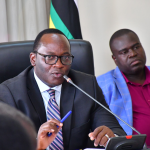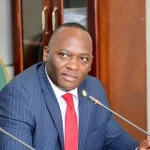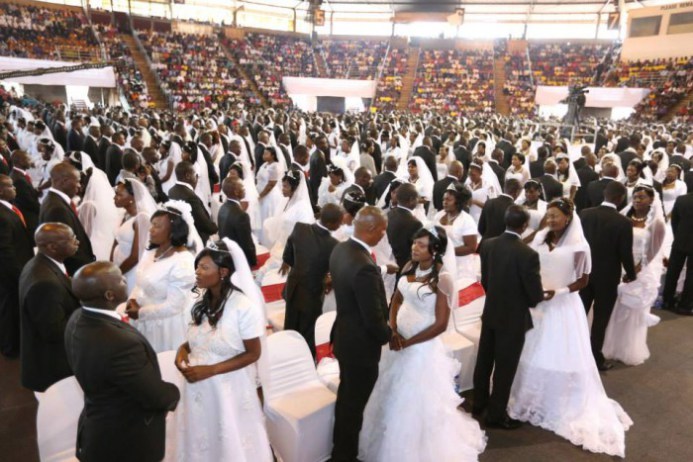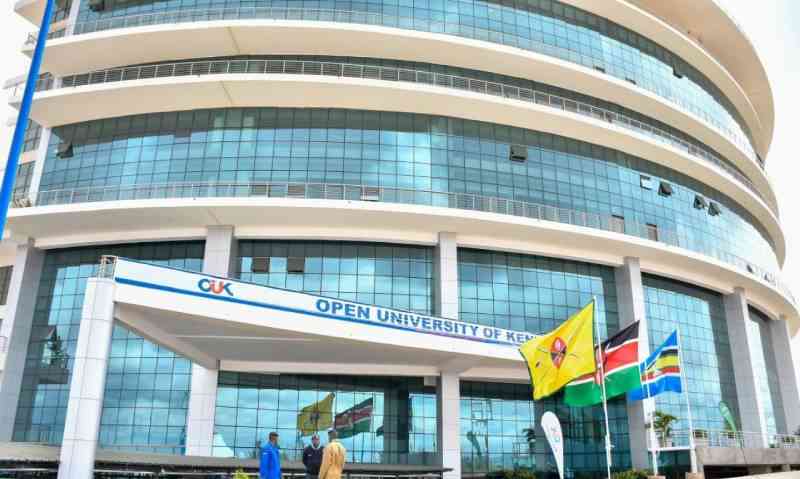Administrators of private schools in the Masaka region are voicing concerns over the financial burden associated with procuring instructional materials required for implementing the new lower secondary curriculum. Operating under the Southern Buganda Private Schools Association, these administrators are highlighting the challenges they face in ensuring effective teaching and examination processes.
Ali Kaggwa Ddamulira, the association’s General Secretary and Deputy Headteacher of St Jude Secondary School Kyabakuza in Masaka City, emphasizes the affordability issues hindering many private schools from providing necessary materials and experiment apparatus for Uganda Certificate of Education-UCE examination candidates. With the introduction of the new curriculum, schools are grappling with the need to incorporate Computer Aided Learning (CAL) and experiment-based learning, posing additional financial strain.
As the first batch of senior four candidates prepare for their UCE exams under the new curriculum, concerns about the lack of adequate materials persist. Ddamulira underscores the urgency for government intervention, urging support to alleviate the financial burden on private schools and ensure candidates are adequately prepared for examinations.
The implementation of the new curriculum, initiated three years ago, continues to pose challenges for private schools in acquiring requisite materials. Ddamulira stresses the impact of this resource gap on students’ performance and calls for government assistance either through subsidies or direct provision of materials.
Furthermore, concerns are raised regarding the evolving guidelines for students’ skills development projects, which teachers find difficult to navigate amidst exam preparation. Plans to petition relevant authorities, including the Ministry of Education and Uganda National Examinations Board (UNEB), are underway to seek clarity and standardization.
Daniel Isiko, Headteacher of Notre-dame High School Kirinda, acknowledges the temporary measures taken, such as hiring part-time teachers from schools with resources, but emphasizes the need for sustainable solutions. The strain on resources intensifies as schools simultaneously prepare candidates for final exams.
Meanwhile, some private secondary schools are resorting to additional fees from parents to cover costs associated with scientific experiments and joint seminars, underscoring the financial strain faced by both schools and families in the pursuit of quality education.




















